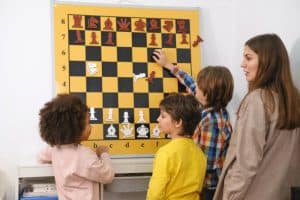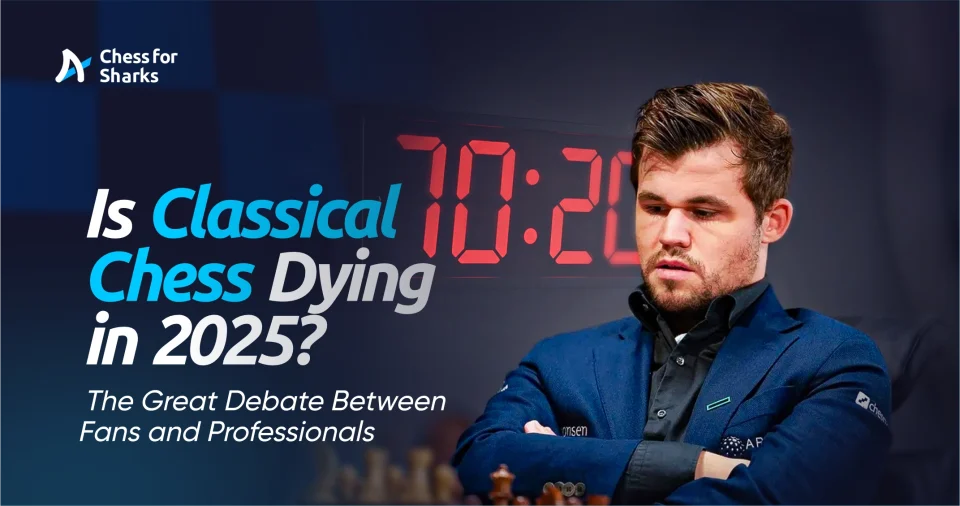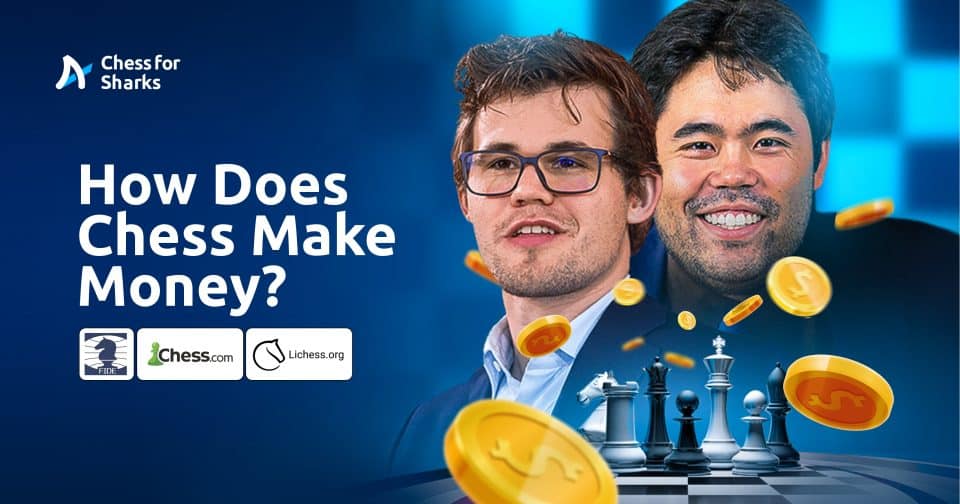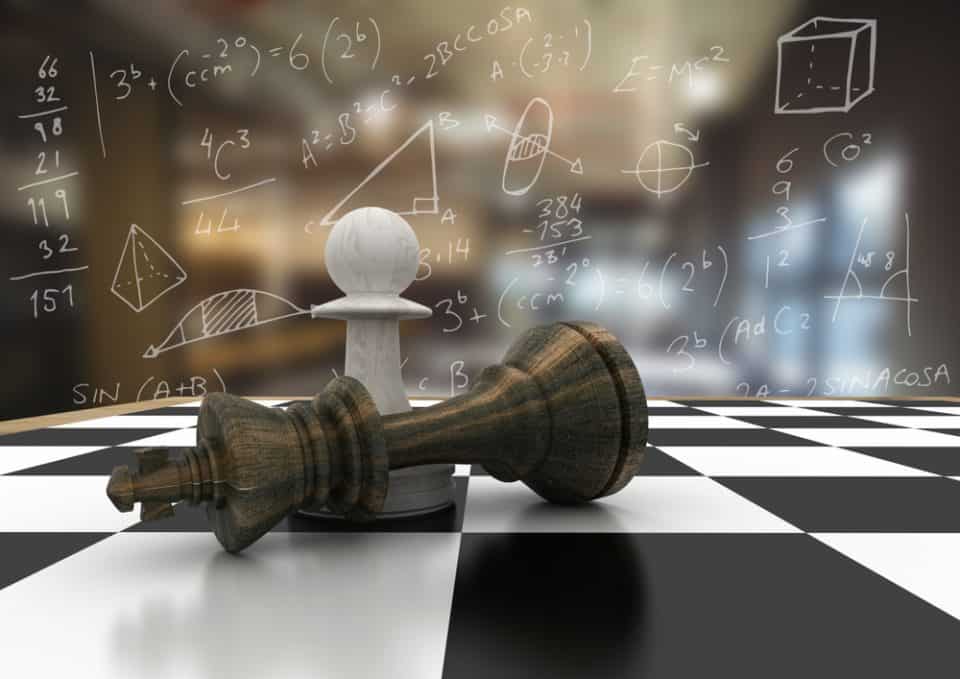Ever wondered if all those hours spent learning and playing chess were really worth it?
You’ve probably heard the arguments from well-meaning friends and family. “It’s just a game.” “You’re not actually accomplishing anything.” “Why don’t you do something more productive with your time?”
While their concerns might come from a place of caring, they just don’t get it.
Chess isn’t just a series of moves on a checkered board. It’s a mental workout, a puzzle that challenges your brain in ways few other activities can.
To some, it’s a waste of time but to others, it’s a mentally stimulating activity that can improve cognitive functioning, enhance strategic thinking, teach patience, and develop problem-solving skills.
In fact, a study suggests that playing chess protect older people against dementia.
Let’s leave out the physical effects but talk about financial gains. Do you know you could win a single chess tournament and earn from $1000 – $1 million? It all depends on how strong you are!
Let’s take a closer look at how chess can be a really productive sport.
You Can Earn a Living With Chess
One way to rake in the cash is by participating in chess tournaments. These events offer a platform for players to showcase their skills and compete for substantial prize money.
Grandmasters and professional players can earn significant sums by participating in prestigious tournaments, with some top-tier events offering prize pools in the millions. It’s like winning the lottery, but with more strategy and less luck.
If you’re not quite ready to take on the world’s best, don’t worry. Successful chess players who have achieved remarkable feats often become brand ambassadors for chess-related products, equipment, or even corporate sponsors.
Another way to earn money through chess is by coaching and training. Aspiring players, both young and old, are willing to invest in professional guidance to improve their skills.
Chess coaches can offer personalized training sessions, conduct workshops, write instructional books, or even create online courses. This avenue not only provides a source of income but also allows players to share their knowledge and passion for the game with others.
Finally, the digital age has opened up new avenues for chess enthusiasts to monetize their passion. Through content creation platforms, such as YouTube and Twitch, players can showcase their skills, analyze games, provide tutorials, and engage with a global audience.
Read more in our articles:
- How Much Do Chess Players Make? A Close Study
- Top 10 Exciting Careers In Chess To Earn A Living
- Why Is Chess So Popular? Here Are 5 Reasons
Chess Helps Your Cognitive Functions
Playing chess helps to strengthen your memory. You have to remember how each piece moves, think several moves ahead, and keep track of the positions of both your own and your opponent’s pieces.
This type of practice helps build connections in your brain that improve retention and recall.
Chess also enhances your ability to solve complex problems in an organized, analytical way.
You have to evaluate the consequences of each move and try to stay one step ahead of your opponent. This kind of strategic thinking translates to real-world situations.
Chess Teaches Life Skills
Chess teaches you skills that you can apply to life – first it teaches you patience. You can’t rush good moves or you’ll make mistakes.
The same goes for life. Rash decisions often lead to poor outcomes. This means you need to take time to evaluate your options and think through the possible consequences before acting.
It also strengthens your logical thinking abilities. You have to figure out the best move based on the current position of all the pieces on the board. What seems like the most obvious or aggressive move may not actually be the smartest.
Additionally, chess teaches you to think ahead. You need to anticipate your opponent’s responses to your moves and have a counter strategy ready. The same is true for achieving goals or managing projects.
Finally, chess teaches you to learn from your mistakes. Every failed move or lost game is an opportunity to get better…to analyze what went wrong and look for ways to improve for the next time.
Chess Can Help Socially and Physically
Chess is often seen as a solitary game between two players, but it can also be a great social activity. Playing with others in person allows for quality time together and bonding over a shared interest.
By heading to your local chess club or community center, you can meet other players, strike up a conversation with them, find partners of a similar skill level, and even make new friends.
Also, the time spent playing contributes to an active lifestyle. A typical tournament (classical) chess game can last 3 to 5 hours. Sitting for long periods, even while intensely thinking, burns calories and provides exercise for your body.
So, you can that chess is no waste of time, instead there’re loads of benefits to be gotten from it.
Let us know if this was helpful!
We recommend these related resources for further study:







join the conversation